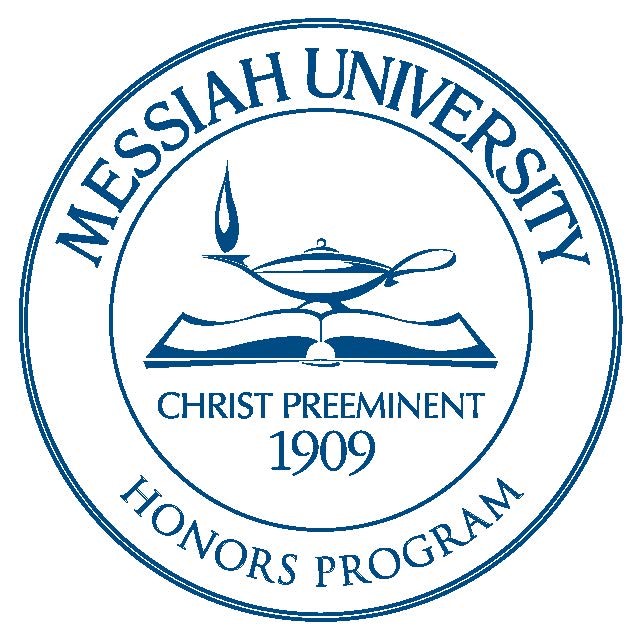Date of Award
2014
Document Type
Thesis
Department
Biological Sciences
First Advisor
Dr. Lawrence Mylin
Abstract
P. falciparum is one of the most dangerous and resilient parasites in the world today, accounting for thousands of deaths around the world. Despite its resilience in vivo, P. falciparum is challenging to grow in a laboratory setting, requiring human blood cells and very specific gas and temperature conditions. To facilitate research with P. falciparum, this study set up and maintained two cultures of laboratory strains of the parasite, and investigated the effectiveness of various culturing techniques. Differences between two known culturing techniques were investigated. The potential use of a candle jar apparatus to produce a gas mixture suitable for the culture of the parasite was shown to be less effective. Parasites were cultured in fresh human blood obtained from a variety of O+ donors to assure that the conclusions could be generalized. Procedures for obtaining and separating serum and red blood cells were also tested. Finally, to prepare the project to be continued in a remote laboratory in rural Zambia, procedures for freezing and thawing red blood cells and serum from known donors were tested to demonstrate the feasibility of the research in rural areas which may be prevalent in blood-borne diseases.
Recommended Citation
Wingert, Daniel; Wilson, Lauren; and Mylin, Lawrence, "Culturing Plasmodium falciparum in the Laboratory" (2014). Honors Projects and Presentations: Undergraduate. 213.
https://mosaic.messiah.edu/honors/213


